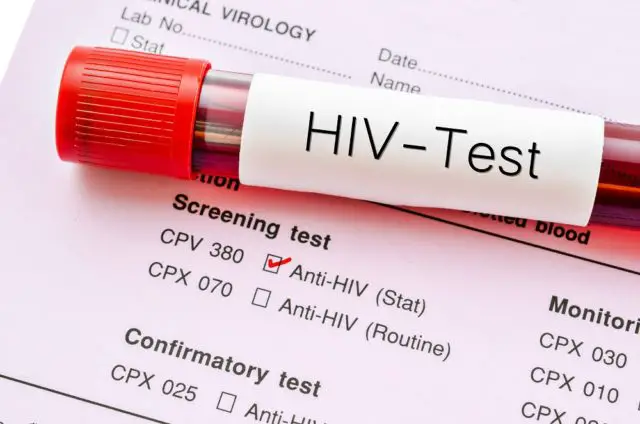The first of December is “World AIDS Day”, created to commemorate and raise awareness on the fight against infection of the human immunodeficiency virus (HIV), and as a reminder to the governments of the nations in the world, to give the best attention to those people suffering from this disease.
In Costa Rica, several mechanisms have been created to provide timely and adequate care to infected people, through tests for early detection, both for pregnant women, adults and foreign visitors. Similarly, the Costa Rican state promotes the prevention of the spread of the disease, and the right by the law of citizens to access free diagnoses in public health centers.
According to data published by the Costa Rican Social Security Fund (CCSS), it conducted around 400,000 screening tests during 2018, as part of the effort to expand early detection coverage. Likewise, the services in the health areas were strengthened with the inclusion of rapid test kits for early detection of HIV in sexually active persons and shorten the times in the delivery of the results.
Early detection.

It is important to know that, the earlier people are screened, the better they will be able to know what situation they are in, and thus if infected they can be linked to specialized health services faster, and those who are not, are able to take protective measures to not get infected. With early detection, the transmission gap in the population can be reduced, especially among adolescents and young adults because of their vulnerability.
It should be noted that health professionals in Costa Rica are quite confidential because this issue of HIV can cause fear in society, that is, that the patient is in fear of being designated as promiscuous or as a high-risk person. The objective of the Costa Rican Insurance Fund Policy is for people to lose their fear of approaching services to have an exam and receive a timely diagnosis. This Institution has professionals in social work, nursing, psychology and medicine, very trained to guide and emotionally help people, also offering material so that people arrive more informed to their health service and request the HIV infection detection test.
What are the symptoms of HIV?
It is important to know that HIV does not show symptoms immediately, it may take years before the first symptom appears and the person realizes that he/she is carrying the disease. It may take 10 years or more until HIV infection manifests symptoms, and even much longer in the case of those taking antiviral medications. Therefore, it is essential to have regular HIV tests, especially if you have had unprotected sex or shared hypodermic needles.
The first 2 to 4 weeks after contracting HIV, you may feel some fever, pain, and discomfort. These flu-like symptoms are the body’s first reaction to an HIV infection. AIDS (acquired immunodeficiency syndrome) is the most advanced stage of the HIV virus. People with HIV may have symptoms at the beginning of the infection, such as swollen glands, headaches, and muscle aches. Some of the symptoms of AIDS are cancerous sores (a thick white lining of the tongue or mouth), sore throat, severe fungal infections, chronic pelvic inflammatory disease, serious recurrent infections, persistent tiredness, dizziness and lightheadedness, sudden weight loss, bruising more frequently than normal, among other symptoms.
How can I prevent it?

HIV is spread through semen, vaginal secretions, blood, and breast milk. That is why people should protect themselves using condoms every time they have sex, whether oral, vaginal or anal, in addition to not sharing hypodermic needles with anyone and discarding them immediately after a single-use.
Similarly, we recommend that if you currently are a sexually active person and have unprotected sexual practices, you should be tested for HIV to rule out any contagion. In addition to being informed about this disease and taking protective measures for future sexual relationships.

